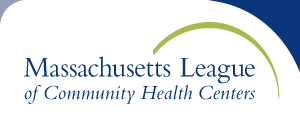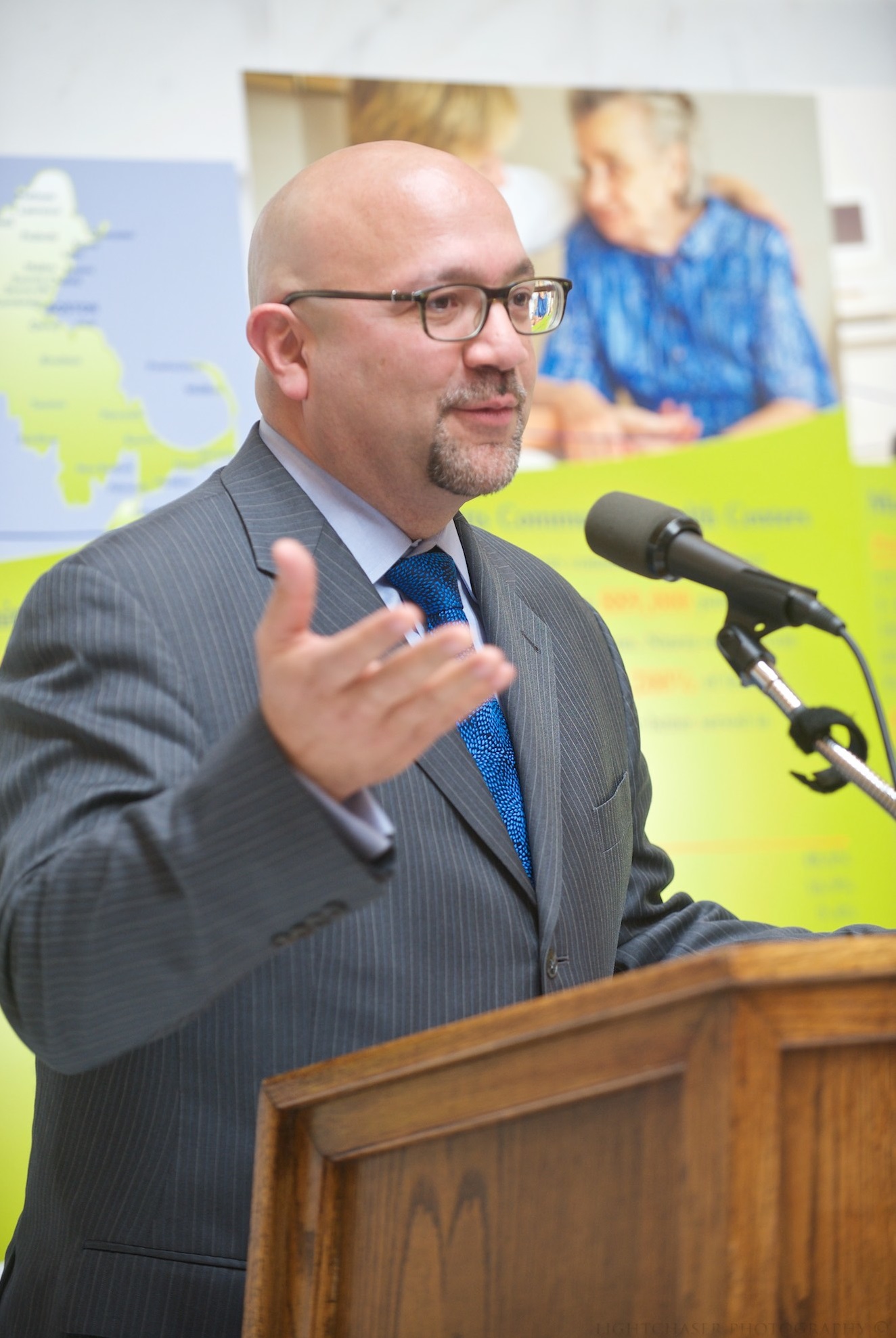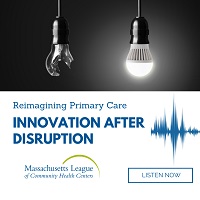4-14-15 Feature Story:
State House, Boston, MA - The Massachusetts League of Community Health Centers today released an economic impact analysis which shows that the Commonwealth's 49 health centers generate annual savings of more than $1 billion for Massachusetts.
"This report demonstrates that health centers provide significant value far beyond just the communities in which they are located," said James W. Hunt, Jr., president and CEO of the Massachusetts League of Community Health Centers, a statewide association representing and serving the needs of community health centers, which provide primary and preventive care to some 889,000 predominately low-income Massachusetts residents. "For the first time, we are able to quantify the critical role health centers play in the economic health of Massachusetts. At a time when state leaders are looking for savings and wise investments, community health centers can demonstrate that they are powerful economic drivers."
The analysis, conducted by Capital Link -- a national non-profit organization that works with health centers to plan capital projects, finance growth and identify ways to improve performance -- primarily relied on the federal government's Uniform Data System (UDS), a core set of data used to review the operation and performance of health centers, including information on their costs, revenues and patient utilization rates.
"Nationally, patients who depend on health centers have significantly lower expenditures per person per year than do non-health center users," said Allison Coleman, Capital Link's founder and CEO. "In Massachusetts, the $1.1 billion in savings is directly linked to the impact health centers have in reducing emergency room visits, hospital stays and the need for higher-cost specialty care among patients. Locally accessible, high quality health care makes a real difference."
Additionally, as health centers have expanded to meet growing demand for their services under state and federal health care reform efforts (they have added more than 295,000 patients since 2006) -- so too have their expenditures and corresponding economic impact. The analysis shows that in 2013 alone, Massachusetts health centers helped generate nearly $1.86 billion in operating expenditures for their local economies. As both employers and economic engines, health centers also produce significant tax revenue for the Commonwealth. According to the study, Massachusetts health centers generated $80.5 million in state and local tax revenue in 2013.
The report also quantifies the economic impact of health centers in the lower-income communities they serve. As drivers of local economies, health centers are often the largest employer, purchase goods and services, and stimulate businesses such as restaurants, pharmacies, and retail stores. In 2013, Massachusetts health centers directly generated 8,777 full-time jobs and supported 5,527 jobs in other local industries.
This analysis was conducted using IMPLAN, an integrated economic modeling software which applies the "multiplier effect" to capture the direct, indirect and induced economic effects of health center business operations and capital project plans. IMPLAN generates multipliers by geographic region and by industry combined with a county/state database. It is widely used by economists, state and city planners and universities to estimate the impact of projects and expenditures on the local economy.
###
December 2015 marks the 50th anniversary of the founding of the nation's first community health center at Columbia Point in Dorchester. Widely regarded as a ground-breaking medical home model, Columbia Point Health Center helped launch a national movement committed to providing locally accessible, affordable and high quality health care to millions of medically underserved individuals and families. Fifty years later, health centers care for more than 23 million people nationwide. In Massachusetts, community health centers represent the Commonwealth's largest primary care network, serving more than 889,000 patients - or one out of eight state residents.
PatientsMassachusetts community health centers care for patients of all ages and racial and ethnic backgrounds, and represent a major source of care for medically underserved women and children. Health center patients are disproportionately low-income, publicly insured (61.6%) or uninsured (18.7%), and are at higher risk for developing chronic and complex illnesses. In 2013, 90% of health center patients fell below 200% of the federal poverty level and 36.7% were better served in another language.
Massachusetts League of Community Health CentersEstablished in 1972, the Massachusetts League of Community Health Centers ("the League") is a non-profit, statewide association representing and serving the needs of the state's 49 community health center organizations. The League serves as an Information Source on community-based health care to policymakers, opinion leaders and the media and provides a wide range of technical assistance to its members and communities, including: Analysis of state and federal health regulatory and policy issues affecting health centers; Training and Education for health center administrators, clinicians and board members; Promotion and management of Clinical Quality Initiatives across the health center network; Workforce Development initiatives to increase recruitment of primary care physicians and to provide career training for health center employees and local residents seeking entry-level positions at health centers; Information Technology Development primarily focused on electronic medical records implementation; and Support to Expand Health Access through work with local health and advocacy organizations seeking to open health centers in their communities.













